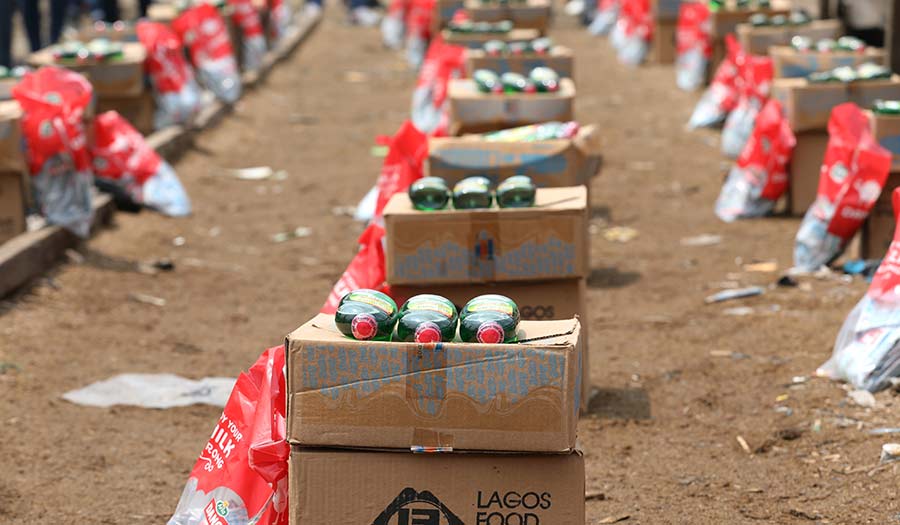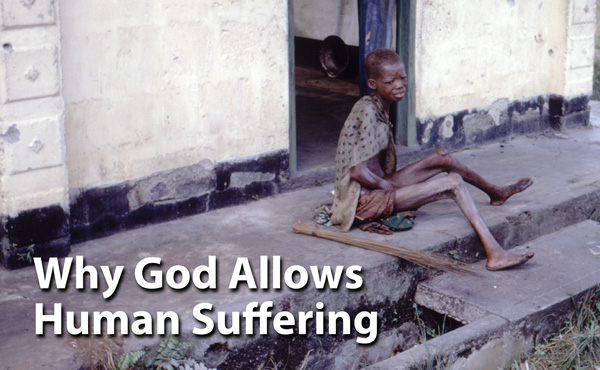 REUTERS/Temilade Adelaja
REUTERS/Temilade Adelaja
World News Desk
Learn the why behind the headlines.
Subscribe to the Real Truth for FREE news and analysis.
Subscribe NowLAGOS (Reuters) – Nigeria faces one of its worst hunger crises with more than 30 million people expected to be food insecure next year, a one third jump from this year due to economic hardship, a joint report by the government and United Nations said on Friday.
Nigeria, Africa’s most populous nation, is grappling with a cost of living crisis that led to deadly protests in August.
Economic hardship has worsened after President Bola Tinubu started austerity reforms, including devaluing the naira and ending a decades-old petrol subsidy, fueling inflation.
The analysis, conducted twice a year in 26 states and the federal capital, projected that 33.1 million people would be food insecure by August next year. That compares with 24.8 million by end of this year.
“Several factors are driving this trend, but most prominently are economic hardship coupled with record high inflation, a record rise in food prices and record high transportation costs,” a statement accompanying the report said.
Chi Lael, World Food Programme spokesperson in Nigeria told Reuters that “economic decisions to strengthen the country in the long term, in the short term have felt like a direct attack on people’s wallets, hitting hardest every time they try to buy food.”
Finance Minister Wale Edun said on Thursday 5 million households had so far received cash handouts of 25,000 naira ($15.45), as part of the government’s program to help the most vulnerable families.
High food prices have contributed the most to inflation, which advanced to 32.70 percent in annual terms in September from 32.15 percent in August.
Flooding and insecurity in northern states continued to hit agriculture, further driving up food prices beyond the reach of many families.
Last month’s floods destroyed an estimated 1.6 million hectares of crops, mainly in the northern food basket states, potentially causing production losses of a combined 1.1 million tons for maize, sorghum and rice, the joint statement said.
That is enough to meet the daily food needs of about 13 million people for a year.
In financial terms, the potential cereal crop losses amount to almost $1 billion in economic losses, the statement added.
More on Related Topics:
- In a Nigerian Village, Extremists Issued a Call to Prayer and Then Slaughtered Those Who Turned Up
- Sudanese Paramilitary Force Abducting Children in Darfur, Witnesses Say
- Nigeria’s Northeast Faces Worst Hunger in a Decade as Aid Cuts Hit Region, UN Says
- Uganda Shuts Down Internet Ahead of Election, Orders Rights Groups to Halt Work
- Sudan’s Top General Rejects U.S.-Led Ceasefire Proposal, Calling It ‘The Worst Yet’



